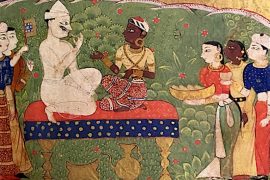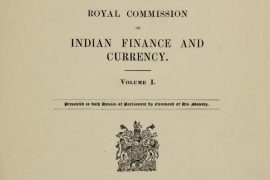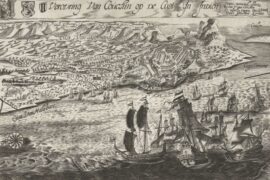Almost three and a half decades ago, a symbol quietly sneaked into our lives – without making a bang, it entered our language as a functional tool and, over the years, emerged as a symbol of twentieth-century globalisation.
Today, it is ubiquitous, universally recognisable–almost. It is a key to the digital world. Millions of people across the globe use it every day–in emails, social media and e-commerce.
It transcends linguistic, national and cultural borders with nonchalance. It belongs to everyone and to no one. Even the most ardent advocates of chauvinistic nationalism use this symbol of globalisation–they have no choice but to use it if they wish to communicate online.
In that sense, it connects the world, fosters social (and anti-social) relationships, facilitates commerce, defines culture and enables diplomacy. And today, because of its ubiquitousness, it is of enormous economic, social and political significance. Perhaps this is what gives it an aura of permanence?
-30-
Copyright©Madras Courier, All Rights Reserved. You may share using our article tools. Please don't cut articles from madrascourier.com and redistribute by email, post to the web, mobile phone or social media.Please send in your feed back and comments to [email protected]











